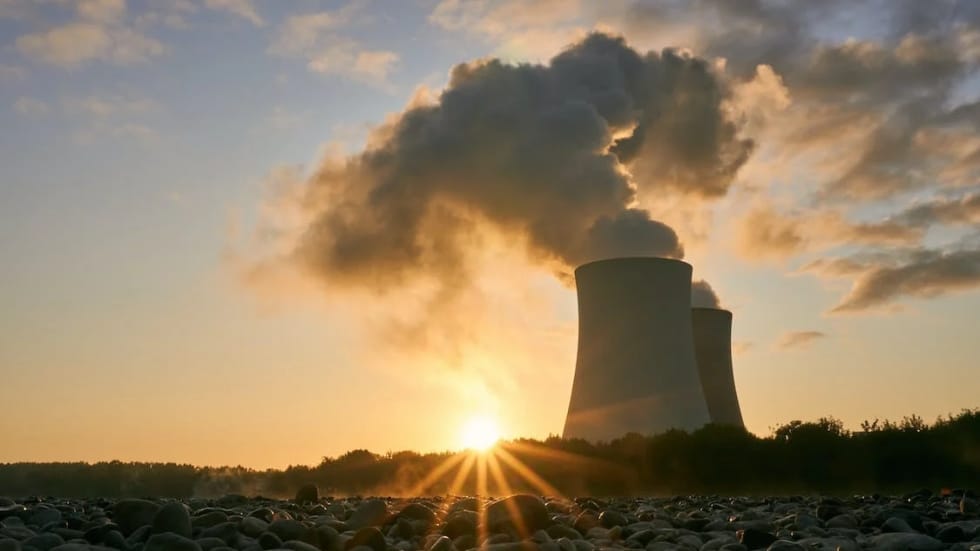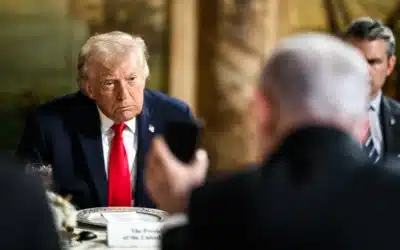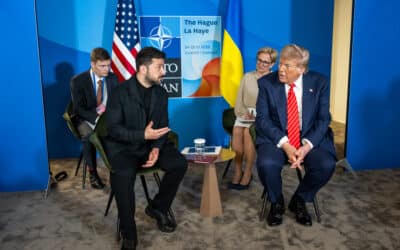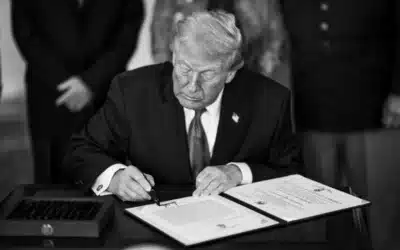Western reliance on nuclear energy technology from Moscow is interfering with US sanctions on Russia, driving Washington to seek alternatives as the United States and its European allies aim to decouple from Russia’s energy sector.
Though the White House has spent months working on a plan to sanction Russia’s nuclear energy industry, the Joe Biden administration has been unable to find a solution due to its dependence on exports from Rosatom, Moscow’s state-run nuclear corporation. The firm is the world’s top exporter of nuclear fuel, such as enriched uranium, as well as reactors for nuclear power plants.
Biden’s climate change initiative calls to develop a new generation of small nuclear power plants in order to get away from nonrenewable energy sources. However, Russia is currently the sole provider of the fuel used by the newly designed reactors, forcing the Department of Energy to mull the use of its weapons-grade uranium stockpile – typically reserved for nuclear warheads.
While a top Rosatom executive and another Russian nuclear energy official were set to speak at an International Atomic Energy Agency (IAEA) conference in the US capital next week, the IAEA confirmed on Thursday that the pair had been dropped from the event, offering little explanation. It remains unclear if the decision was the result of US pressure – as Washington has sought to expel Moscow from some international bodies – though such a move would violate an IAEA agreement requiring host nations to invite all member states to major summits.
As the US races to distance itself from Russia’s nuclear sector, Turkey has taken the opposite approach, recently asking Moscow to build another nuclear plant in the city of Sinop far in the country’s north. Rosatom confirmed that the two sides are in talks about the project, which it called an “attractive opportunity.”
The Russian firm is currently building Turkey’s first-ever nuclear power station in Akkuyu, a city located on the Mediterranean coast. The plant is expected to go online sometime next year.
The White House has threatened Ankara several times over its continued ties with Moscow amid a relentless Western sanctions campaign, as Turkey’s President Tayyip Erdogan is one of few major leaders to have any contact with his Russian counterpart Vladimir Putin in the last eight months.
Ankara previously mediated multiple rounds of negotiations between Kiev and Moscow, which, according to Russian FM Sergei Lavrov, could have offered a viable path to peace, but quickly fell apart in April. Alongside the United Nations, Turkey also helped to broker a grain export agreement that has allowed sorely needed goods to be shipped from Ukraine’s Black Sea ports. That deal is now at risk of collapsing due to outstanding disputes over its implementation, however, helping to drive fears of a looming food crisis.
































